Science, nature, and our place within it will be the focus of the autumn edition of the Ratio Forum.
This fall, Ratio Forum returns with three inspiring speakers who will take us on a journey from the depths of the ocean to the cold waters of Antarctica and all the way to making us see wasps in a whole new light.
TALKS



RUSSELL ARNOTT
Sea soup
Why you should care about plankton
Plankton may be small, but the life of the planet depends on it.
Dr. Arnott will explain how these microscopic organisms produce most of the oxygen we breathe and how their future is tied to climate change and the health of our seas. We will also hear about the mysterious invasive comb jellies in the Black Sea and their impact on ecosystems.
HUW GRIFFITHS
Life Beneath the Ice
Antarctica may look like a lifeless frozen desert, but beneath the surface booms an incredible diversity of life.
Huw Griffiths will take us on a journey under the ice, where we will encounter colossal sea sponges, corals, and strange sea spiders. We will learn how climate change and human activity threaten this fragile ecosystem, and why the fate of Antarctica matters to us all.
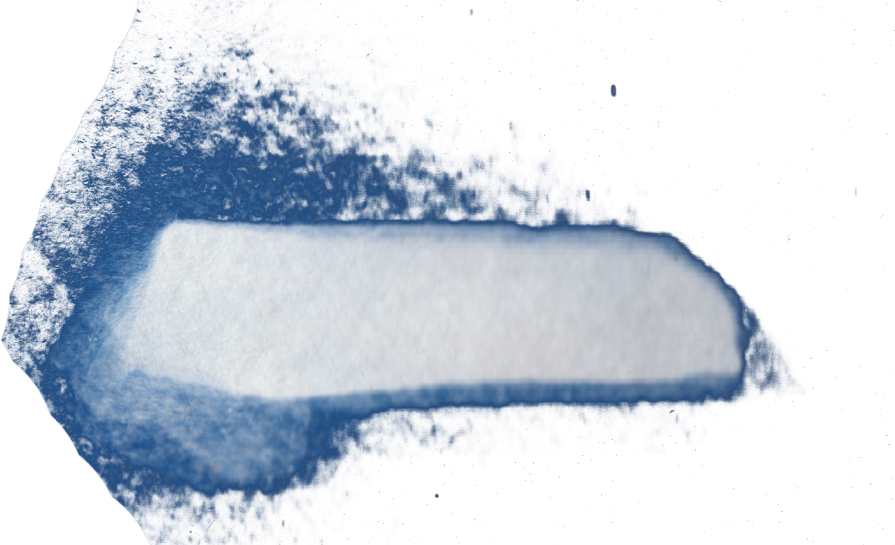
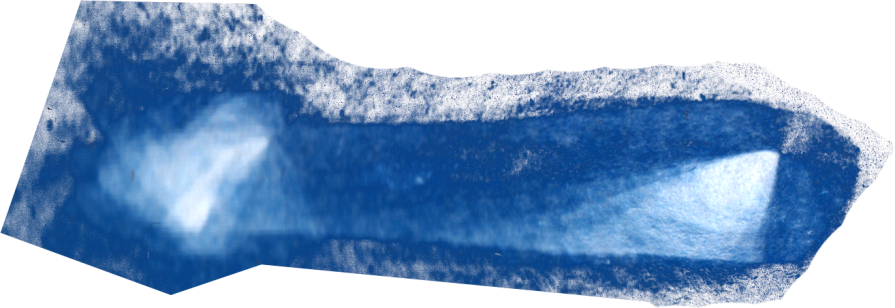
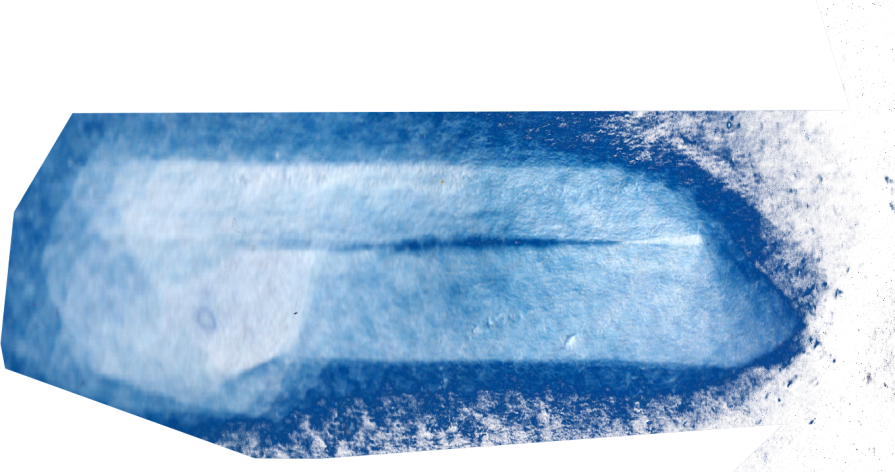
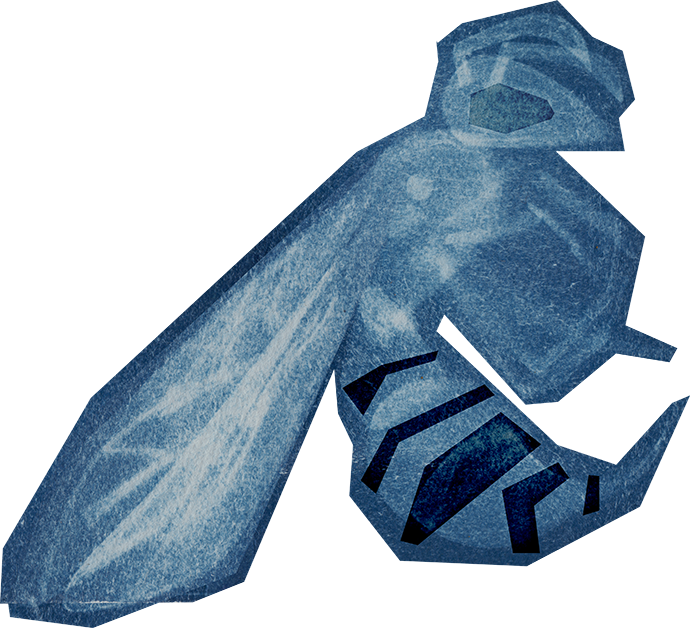
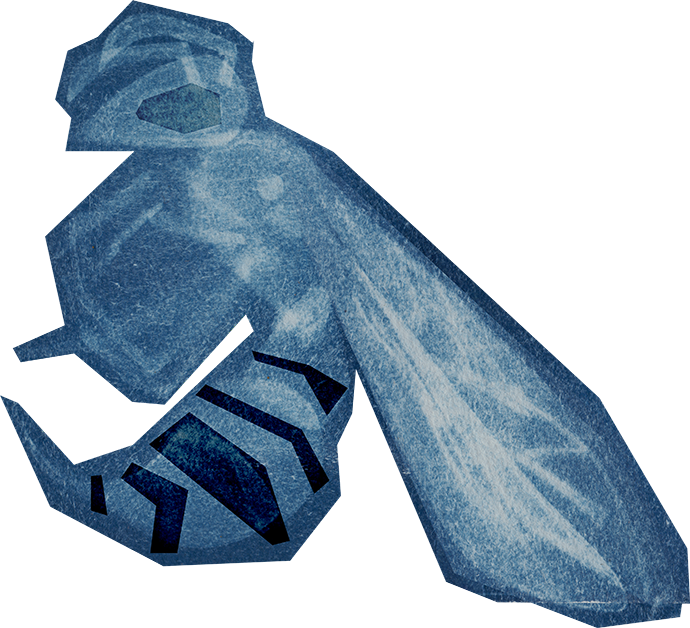
SEIRIAN SUMNER
Endless forms
Why we should love wasps
Known as WaspWoman, Professor Sumner is a world expert on social wasps.
In her lecture, she will debunk the myths surrounding these often misunderstood insects and show why they are vital for the health of ecosystems, as well as why it is time for us to start valuing them instead of avoiding them.
SPEAKERS
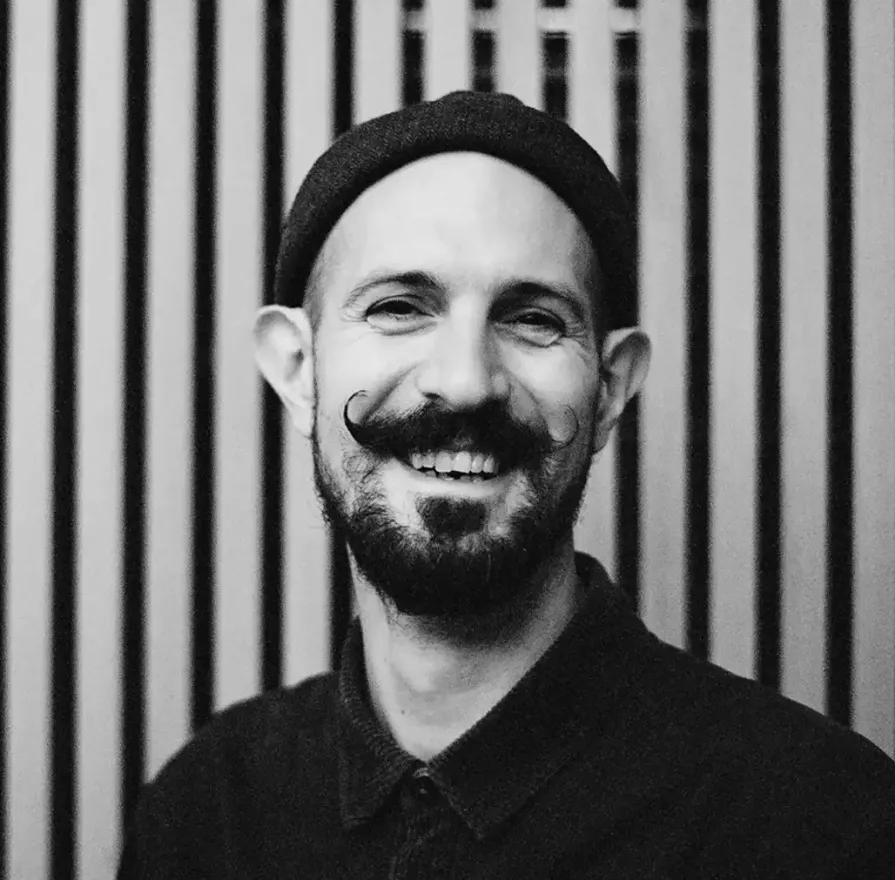
Dr. Russell Arnott is an oceanographer, science communicator, and former punk-rock guitarist who turns science into an experience – dynamic, fun, and accessible. After earning his PhD in Oceanography at the University of Bath, Russell specialized in the study of plankton – the microscopic organisms that drive life in the ocean. His research has taken him from the Southern Ocean with the British Antarctic Survey to the Baltic Sea, and today he is an Associate Lecturer in Oceanography at the University of Exeter.
As the founder of Incredible Oceans, Russell dedicates his work to promoting ocean literacy in schools, festivals, and conferences worldwide. He is a regular guest on television programs such as BBC News International and Sky News Deep Ocean Live, author of books and articles about the oceans, and an active advocate for introducing ocean education into school curricula.
With his passion for music, science, and the ocean, Russell combines academic expertise with the energy of a rock concert to make audiences fall in love with the seas – and inspire them to protect them.
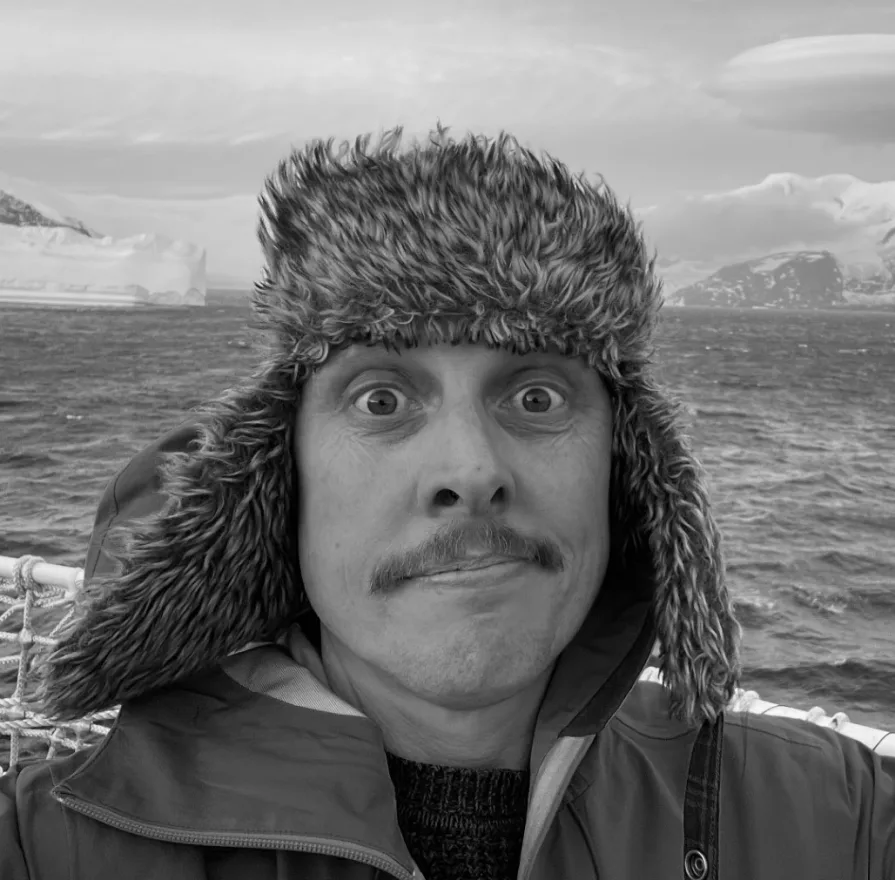
Huw Griffiths is a marine biologist at the British Antarctic Survey, where since 2000 he has been studying the polar regions. His work focuses mainly on the animals that inhabit the seabed around Antarctica and the Arctic, as well as the impact of marine protected areas, climate change, human activity, and pollution on these unique ecosystems. He has taken part in numerous expeditions – from the coasts to the depths of the polar seas.
Huw is a strong advocate for science communication and strives to make science more accessible to the wider public, policymakers, and governments. He has worked with BBC Earth on Blue Planet II and served as a scientific consultant on Frozen Planet II.
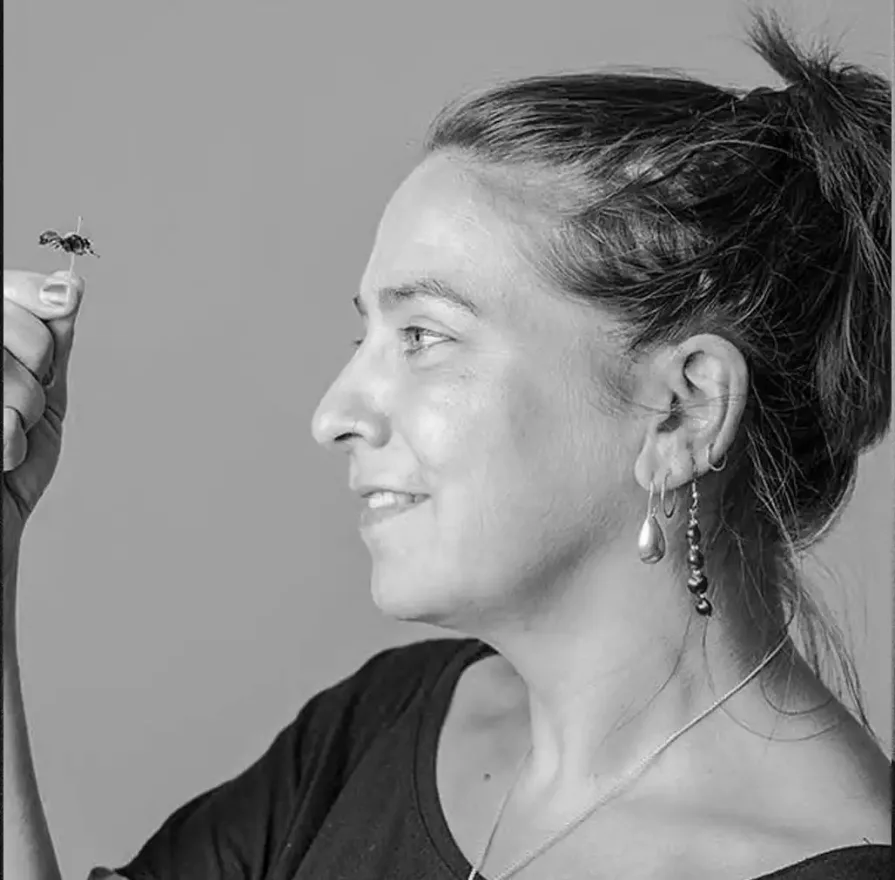
Dr. Erica McAlister is an entomologist at the Natural History Museum in London, where she works in the “Diptera” section. She studied Applied Environmental Biology at the University of Manchester and earned her PhD in ecological entomology of wetlands at the University of Roehampton, London. Her scientific career includes work at the Institute for Terrestrial Ecology in Manchester, research on ant colonies in the South Australian outback at the University of Adelaide, as well as projects on various groups of flies around the world – from mosquitoes in England to bat-parasitizing species in Dominica. She is Chair of the Dipterists Forum at the Royal Entomological Society.
In addition to her active research, Erica is a passionate promoter of science. She frequently appears on television and radio programs, as well as podcasts, and her lectures are a regular feature at science festivals, international events, and fairs. She is the author of the popular science books The Secret Life of Flies (2016), which gained international recognition, and The Inside Out of Flies (2020), both of which introduce the fascinating world of flies to a wider audience.
SCHEDULE
| Time | Topic |
|---|---|
| 10:00 - 11:00 | Registration |
| 11:00 - 11:15 | Opening remarks |
| 11:15 - 12:15 | Huw Girffiths - Life beneath the ice |
| 12:15 - 12:35 | Coffee break |
| 12:35 - 13:35 | Seirian Sumner – Endless Forms |
| 13:35 - 14:35 | Lunch |
| 14:35 - 15:35 | To Love the unlovable - discussion with Erica McAlister and Seirian Sumner |
| 15:35 - 15:55 | Coffee break |
| 15:55 - 16:55 | Russell Arnott - Sea soup: why you shoud care about plankton |
| 16:55 - 17:15 | Fireside chat |
| 17:15 | Closing |
VENUE
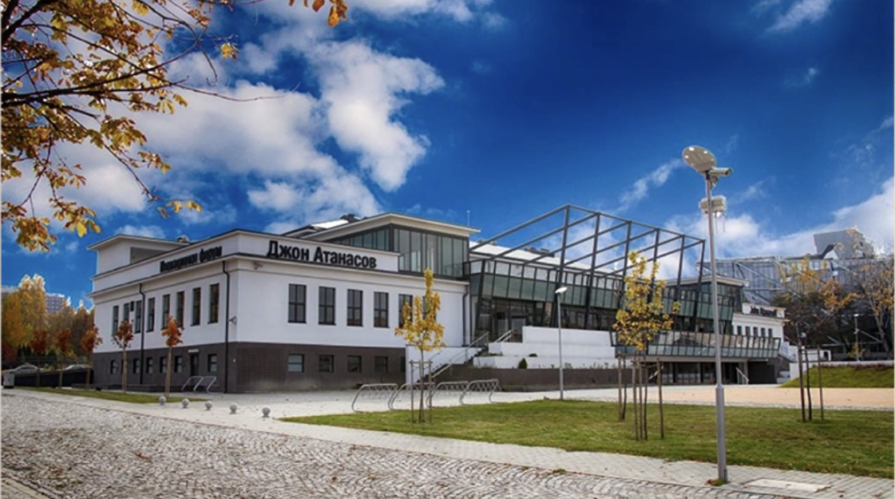
We’re looking forward to seeing you at Sofia Tech Park!
Getting there
1. Public Transport
- Coming from the city center, take busses 306, 184 and 84, trolleys 5 and 8 – you’ll need the “Sofia Tech Park” stop.
- Coming from Mladost, take busses 1, 3, 5 and 6 – you’ll need the “Sofia Tech Park” stop.
- In both directions, you can use busses 1, 3, 5, 6, 280, 294, 305 and 306 and trolleys 4, 5, 8, and 11, and get off at the “Aviation square” (“Ploshtad na aviatsiata”) stop.
2. By car
- Sofia Tech Park has multi-level parking with a capacity of 500 places. Parking is paid, but there’s a new lower tariff on weekends – 1 lev for every 2 hours of your stay. The first 15 minutes are free of charge
FAQ
Although we have a full day packed with activities and interesting talks, you can join us later, too. The registration is open throughout the whole day, so you can come whenever you like.
VI. FAQ
Although your ticket has your name on it, that is solely used for our administration. We don’t check names at the door, so you can give the ticket to another person and you don’t need to write to us to change it. For Concession tickets we will need to verify that the ticket carrier has active student rights or has a senior card.
No, you can just download your ticket on your mobile phone and let us scan the QR code at the entrance
Sofia Tech Park’s parking is paid, but there’s a new lower tariff on weekends – 1 lev for every 2 hours of your stay. The first 15 minutes are free of charge. You will need to validate your parking ticket at the machines in the parking building and pay your parking fee before leaving.
Since the program spans several hours and most of it is happening inside, we will not be able to let in pets at the event.
Every ticket holder has access to a lunch pack provided by our partners from CoKitchen. There are vegetarian and vegan options, too. If you have other dietary requirements, please, ask the team at the lunch tables for the full list of ingredients. You can also grab a cup of coffee during our coffee breaks. Water will be available at the premises, too.
If you want to catch up on breakfast or satisfy your sweet tooth, we will have a stand with some pastries available for you to purchase. There will also be a beer bar from lunch time onwards.
TICKETS
SPONSORS
If you are interested in supporting Ratio Forum, email us at partnerships@ratio.bg
